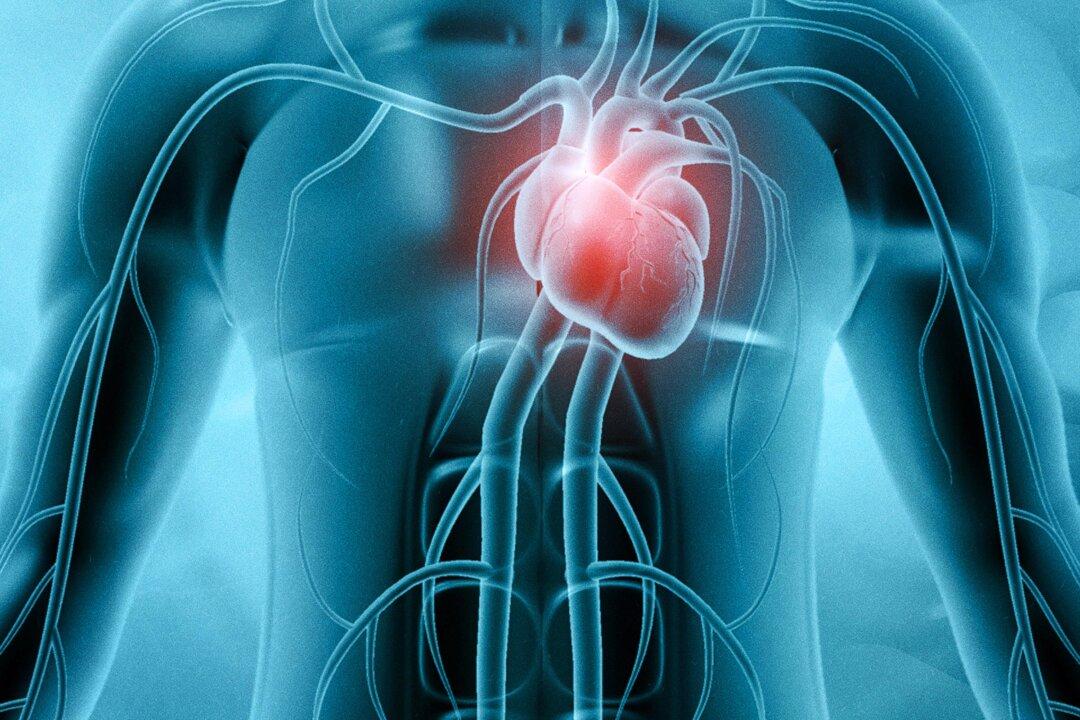This research represents a significant leap forward in understanding the pivotal role played by the gut microbiome in safeguarding health and combating diseases.
Viruses Play a Key Role in Gut Health
The gut microbiome consists of trillions of microorganisms (bacteria, viruses, fungi) in the human digestive system. Unlike other parts of the body, it’s highly dynamic and responsive to environmental factors, such as diet, medication, and stress.Researchers found that viruses are crucial in maintaining a healthy microbiome and overall health.
These viruses primarily infect bacterial cells, and given the many bacterial types in our intestines, there are numerous bacterial viruses.
The researchers have already used a specially designed algorithm to map the intestinal bacteria and bacterial viruses in centenarians, aiming to understand the dynamics of the gut flora and identify beneficial bacteria for promoting health and longevity.
The Importance of Hydrogen Sulfide
In an email interview with The Epoch Times, Colby Kash, chief operating officer and co-founder of Camelot BioCapital and author of “The Autoimmune Plague: How to Regain Sovereignty Over Your Body and Life,” noted the importance of a specific substance associated with a virus identified in the centenarian microbiome study.How Microbiome Changes, Aging Influence Each Other
Does the degradation of the microbiome cause the aging process, or does the aging process cause the degradation of the microbiome?Similar to how the microbiome differs in those who are overweight or have certain autoimmune diseases, it seems that there’s a two-way relationship, Mr. Kash told The Epoch Times.
“Aging may contribute to a shift in microbiome, and microbiome shifts may contribute to aging,” he said.
Mr. Kash also said the disease state and signaling in the rest of the body can influence the microbiome and that an imbalanced microbiome can contribute to overall health issues.
For example, individuals with post-traumatic stress disorder experience the chronic release of neurotransmitters and hormones because of psychological trauma, which can potentially alter the microbial environment.
How Modern Medicine May Be Hurting the Gut
Several factors stand out as potential causes for microbiome changes as people age, including a sedentary lifestyle, decreased production of hormones such as testosterone and growth hormone, and antibiotics use.Science-Backed Ways to Improve the Gut Microbiome
Mr. Kash highlighted the significance of a diverse and robust microbiome, explaining that it fosters stability and enables beneficial microbes to outcompete harmful ones.According to Mr. Kash, the study published in Nature Microbiology identified a health-boosting effect that can be promoted by modifying eating patterns.
“The paper mentioned the virome led to an increase in lytic activity,” he said. "This is when the body recycles old damaged cells and organelles. This can also be achieved via fasting.”
- Eating a diverse diet: Recent research suggests that a diverse diet leads to a more diverse and adaptable microbiome. It’s advised to consume a range of plant- and animal-based foods.
- Focusing on plant-based foods: Beneficial bacteria such as Bifidobacteria can reduce intestinal inflammation and promote gut health. Consuming fruits and vegetables has been shown to increase Bifidobacteria levels in humans.
- Eating fermented foods: A 10-week diet rich in fermented foods, such as yogurt, kefir, fermented cottage cheese, and kimchi, has been found to enhance microbiome diversity and improve immune responses, according to Stanford University researchers.




